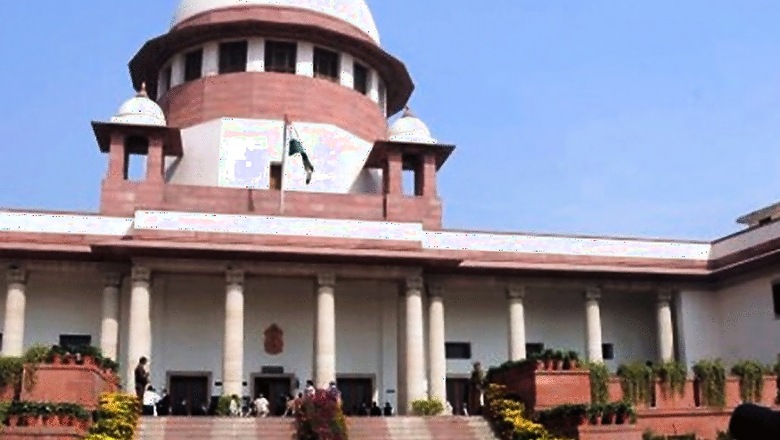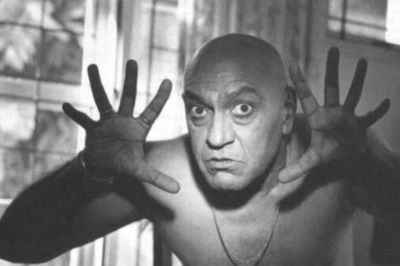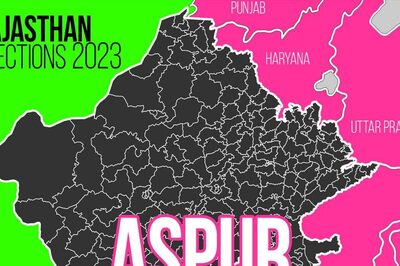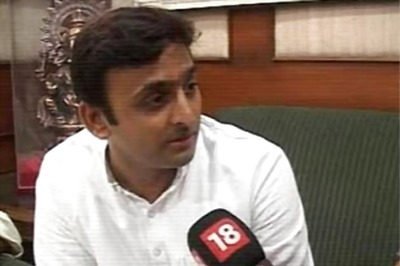
views
New Delhi: The Supreme Court has stayed the extradition of an 85-year-old Indian-origin man, who has been charged in four cases of molestation and sexual assault in Canada and allegedly fled the country to thwart prosecution.
Omesh Chandra Kashyap has, however, refuted all the charges saying he was being framed because he, as a renowned psychiatrist, had helped expose a scandal on sexual abuse of children by ecclesiastical authorities in province of Newfoundland and Labrador. This exposure compelled him to come back to his homeland in February 1991, he claimed.
A bench of Justices Ranjan Gogoi and Navin Sinha decided to seek a response from the central government as to whether all relevant factors were taken into account before Kashyap’s extradition was approved.
The Court issued a notice to the Centre “confined to the question as to why the matter should not be remanded for reconsideration by the Union of India”.
Since the Delhi High Court had last month allowed Kashyap’s extradition, the bench issued an interim order restraining authorities from sending him back to face charges in Canada. “In the meantime, there shall be stay of extradition,” it ordered.
Representing Kashyap, senior advocate CA Sundaram had contended that under Section 29 of the Extradition Act, 1962, the Government of India is not only required to consider the report of the Chief Judicial Magistrate but also other relevant circumstances.
“The petitioner had submitted a detailed representation stating various circumstances to enable the Central Government to exercise its jurisdiction in the matter in accordance with law and not extradite him. However, the impugned order of extradition dated December 4, 2015 does not indicate any consideration of any of the relevant aspects of the matter,” complained Sundaram.
The court agreed to examine the contentions and sought a reply from the Central government regarding the scope of reconsideration.
Last month, the Delhi High Court had that the offences for which the octogenarian has been charged are extraditable, being punishable both in India and Canada and are not political in nature.
On January 6, 2003, the Canadian High Commission had made a request to the Ministry of External Affairs for the extradition of Kashyap. Pursuant to this note, the government of India made a request to the magistrate to enquire into the case of the petitioner regarding his extradition.
Kashyap was accused for indecent and sexual assault on women 1978 and 1990. But Kashyap countered these charges stating he was being falsely implicated by the Canadian government as while working as a practicing psychiatrist in Newfoundland, a scandal of child sexual abuse by ecclesiastical authorities was reported, leading to the resignation of many senior episcopal/temporal authorities of the Church. He also alleged that the government of Canada was interested in hushing up the controversies.
Omesh Chandra Kashyap




















Comments
0 comment